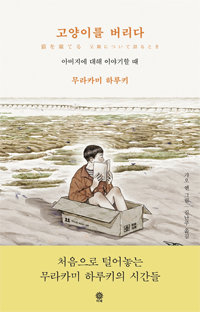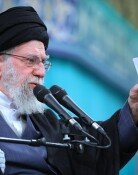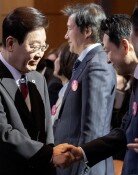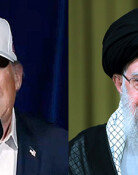Haruki Murakami makes a confession about his father at age 70
Haruki Murakami makes a confession about his father at age 70
Posted October. 24, 2020 07:50,
Updated October. 24, 2020 07:50

In 1938 when the Second Sino-Japanese War was at its height, Chiaki Murakami, the father of Japanese novelist Haruki Murakami, was drafted at age 20. It was an error in administrative paperwork but there was nothing he could do to undone it in a bureaucratic society. Chiaki Murakami was deeply traumatized by taking part in the killing Chinese during the war and it changed his life afterwards.
This book is about a personal experience of Haruki Murakami or his memoire about his father. The novelist recounts some memories of his father when he was young. The first memory is when he and his father went to the beach one day to get rid of a cat. After abandoning the cat, they did not look back and headed home. When they arrived home, they found the cat they had just abandoned sitting in front of their house. Haruki wrote he remembers his father’s face that changed from astonishment to relief.
Chiaki Murakami was a diligent and intelligent man in general. He was born a second son to a Buddhist priest in 1917. He was one of six brothers. After the war, he taught Japanese at middle and high schools and passed away in 2008. His life seems quite normal at a glance but in order for Haruki Murakami to fully understand his father’s and his own life, the novelist had to overcome the “memories of war.”
Haruki Murakami was unable to look into the truth for a long time out of fear that his father could have belonged to the division that was responsible for the Nanjing Massacre. But at the age of 70, Haruki decided to face the truth and looked into his father’s past and faced the pain and harm the war had inflicted on people. The book is both a recollection of his family’s roots and a sincere testimony to the horror and trauma of war.
teller@donga.com







